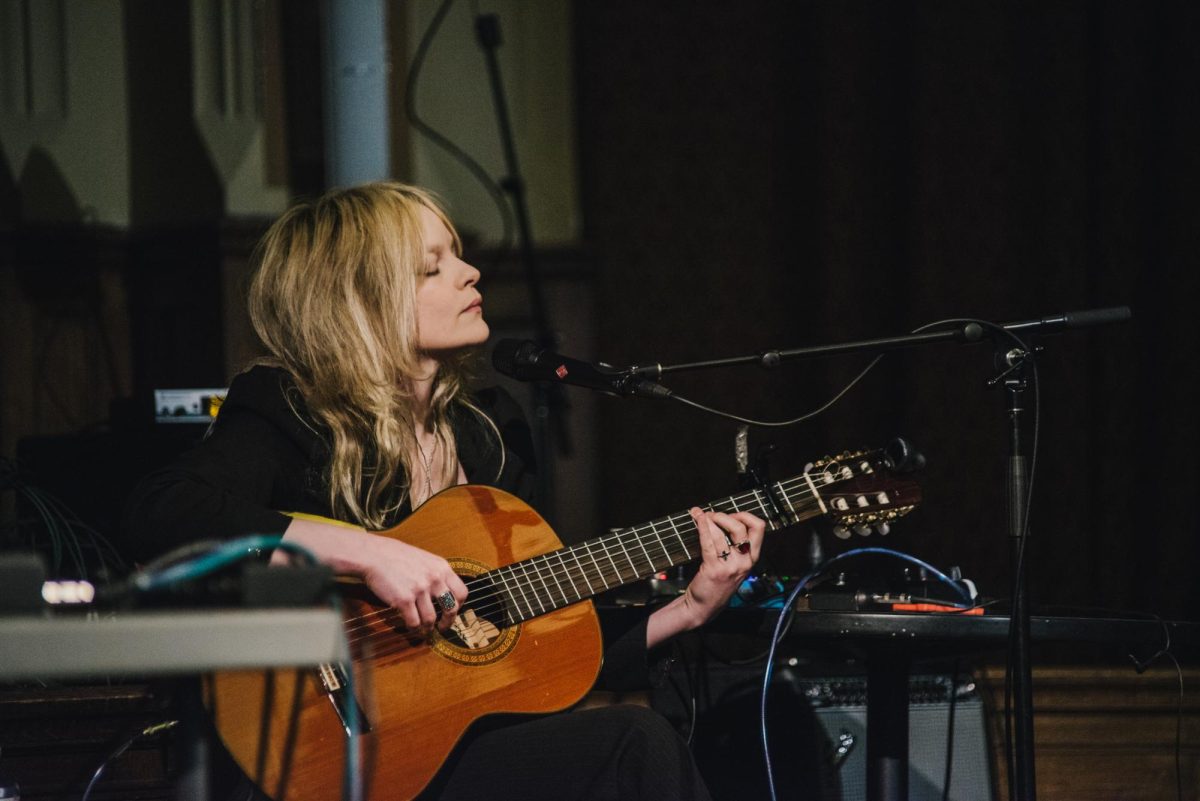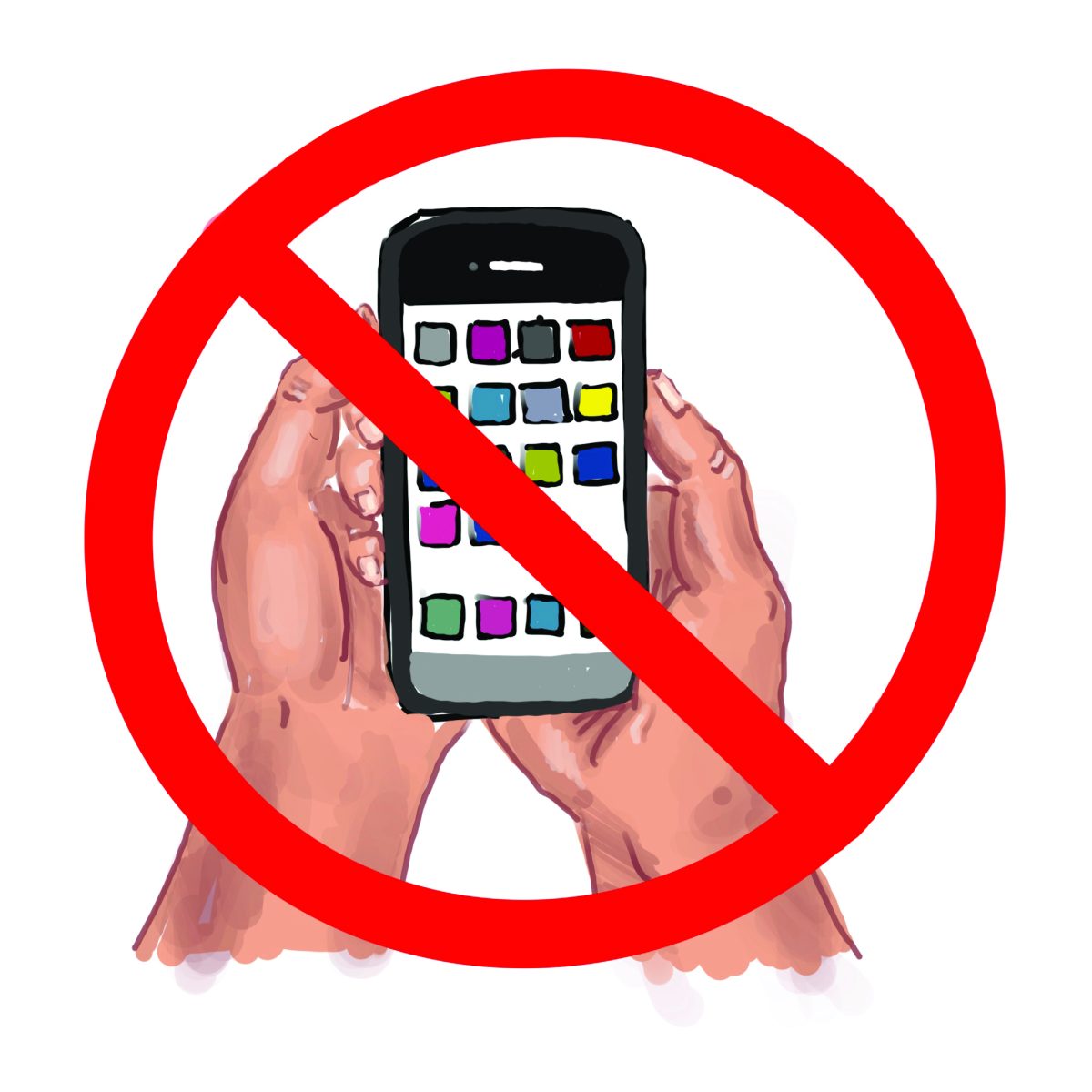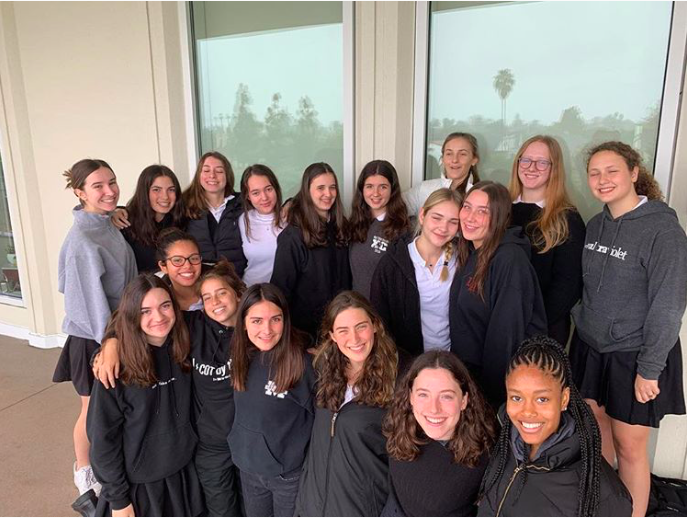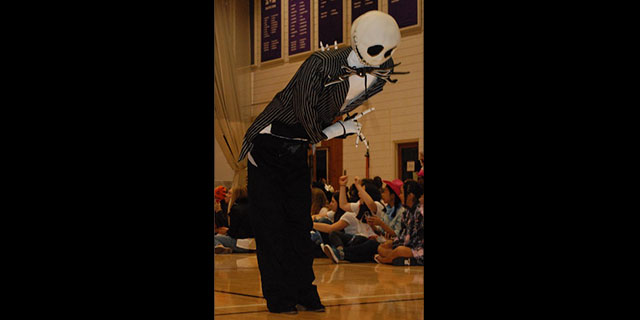Participants: Ariella ’15, Mikaela ’13, Neidin ’14, Suhauna ’14
Transcribed by: Ariella ’15
IS AFFIRMATIVE ACTION HELPFUL?
N:Affirmative action is a very contentious topic… most people think that minorities have such an advantage.
A: I think the purpose of [affirmative action] is really good, to bring diversity to all these colleges, but I don’t know if it’s inadvertently a little bit racist? But I don’t know. The intention of it is good.
M: This is precisely what Tim Wise was talking about when you get to the conversations you just can’t have. I am literally so uncomfortable. A lot of that struggle comes from not having one clear thought about affirmative action… Of course colleges should be more diverse because there are certain groups that have had disadvantages,… [but] you take a step back and the design for [affirmative action] had nothing to do with girls who are in the minority at elite fancy prep schools.
N: I’ve gotten into very awkward conversations with some of my best friends [about this]… Someone told me that it’s not fair that we come from the same school and you’re going to get an advantage because of your race… [but] by virtue of people’s white skin they automatically have such a higher chance to get into college or even to apply to college. It’s rare for people of color to even apply to college. Each step you go up there are more and more people who can’t overcome the obstacles, so every minority with an advantage represents 100 people who didn’t make it.
A: That’s why I feel I can’t really have an opinion on [affirmative action], because I don’t know all that.
S: You have an opinion, you just feel like you can’t say it.
M: the whole concept of fair is absurd, like nothing is fair, especially the college process. Is that what we’re going for? Being fair? Because it’s not working.
S: I feel like at Marlborough we have so many opportunities that people don’t have so [affirmative action in admissions] really is a case by case thing. Like in the context of Marlborough, is this person deserving of getting into that school or is it unfair that she gets an advantage? … And it’s a weird thing for Asian-Americans because it works against us even though we’re a minority, but we’re not a minority at colleges.
M: You also run into the question of what does it mean to diversify colleges? What you’re really going for is an array of backgrounds, not skin color. A lot of people have proposed the option that affirmative action should work socioeconomically, not racially.
N: I also feel skin color brings a different experience.
M: If we’re trying to get past race as a socially constructed entity then we should stop treating it as a thing used to diversify.
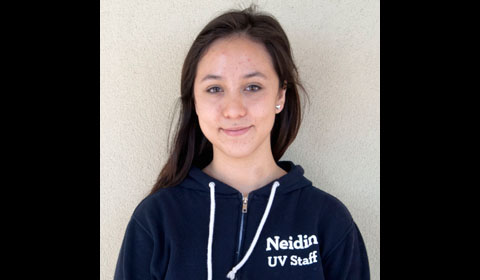
DOES A COMMUNAL EXPERIENCE HAVE TO BE EXCLUSIVE?
N: I do feel really close to people who are of my ethnicities, but I wonder if I wouldn’t feel that if we lived in a society that wasn’t stratified by ethnicity or culture.
S: I think people of the same ethnicity identify with each other because they have some common experiences… but that goes back to you can’t put people in groups because not everything is the same because you can’t classify people based off [their skin color].
N: This has happened to me, when I’m talking to a friend, and we’re minorities in a larger group, and we have a moment when we’re like “Yes! I know exactly what you’re talking about!” and people look at us kind of weirdly… It can be a weird thing for people to see, but it’s really gratifying to have that when you’re a minority or not in the privileged group.
M: I can say I’ve never experienced that…
M: At Face-It [a two day diverstiy retreat at School] you get broken up in racial groups… Even within a group of only white people, we still found ourselves talking about how we interact with each other, not about how we interact with people of other racial groups.
N: I feel like it’s only awkward when you’re privileged, when you have to talk about the experience of being privileged with your own race, but when it’s not it’s so gratifying to have that solidarity.
M: More often than not, there are so many situations where I don’t even want to try and empathize… because that action in itself seems kind of ridiculous, to appear as though I’m trying be like “I totally get what you’re saying.”
N: There’s a sense that white people can’t win. If they speak their mind they’re condescending; if they… don’t say anything they’re internalizing their privilege and the racist ideals of the culture… I know I get offended by some things, and I know it must be almost as difficult to tiptoe your way around all these issues as it is to experience that as a minority, and I feel like if I said that to other people of minorities they would be like, “No, white people have it easier!” I really don’t know how that is. I could only imagine how hard it would be to mince my words all the time and to know that no matter what I say I will always be criticized for it.
M: It’s true. You can say that, but I can’t. I can never do anything but imply it’s anything but a privilege to be white.
A: It’s a small price to pay, I think… Most of the people who call me out for saying inadvertently offensive things are white people, so I don’t know if I’m actually offending people or if I’m theoretically offending people.
N: I know people of color who get so offended when white people try to be politically correct. Like why can’t you treat me normally and not like a social experiment?
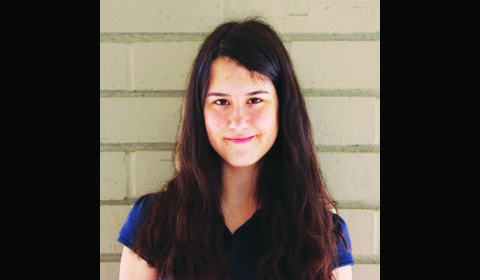
CAN YOU TELL STORIES ACROSS RACIAL BOUNDARIES?
A: if you’re white and trying to make a movie or write a book, can you not convey the experience of a minority as well?…It is very awkward to try to convey what a different race is going through, but if that’s the story that speaks to you and you try to do the best you can for it, isn’t that the same thing as a person of a different race trying to convey white people?
M: can I as a woman write a book where my protagonist is a man? can you consider or get into the head of something other than what you’ve known?
A: Isn’t part of writing and creating to live, through your work, experiences you haven’t experienced?
N: I think it’s never wrong to tell the story if you have the right intentions, but as long as you’re conscious that it’s through their experience you’re telling the story.
A: the problem is that there aren’t enough minorities in the film and TV industries to bring that voice to it.
IS POINTING OUT RACE INHERENTLY RACIST?
M: There’s also a weirdness with pointing out race at all. Being like “that’s the black girl.” it’s an identifying feature, but … why didn’t you describe her with another feature?
S: Part of that is because we’re so uncomfortable with it …
N: Something that bugs people with that whole thing is that in a group of white people you have to search much deeper like the really tall girl or the girl with long hair. Even though it’s still a physical attribute…
M: You don’t say she’s white. It’s assumed unless said otherwise. Also, I feel like we’ve all been in situations where someone has tried to describe a person without mentioning race, and that’s weird too!
S: I always hesitate before pointing out race.
…because that action in itself seems kind of ridiculous, to appear as though I’m trying be like “I totally get what you’re saying.”
N: There’s a sense that white people can’t win. If they speak their mind they’re condescending; if they don’t say anything they’re internalizing their privilege and the racist ideals of the culture… I know I get offended by some things, and I know it must be almost as difficult to tiptoe your way around all these issues as it is to experience that as a minority, and I feel like if I said that to other people of minorities they would be like, “No, white people have it easier!” I really don’t know how that is. I could only imagine how hard it would be to mince my words all the time and to know that no matter what I say I will always be criticized for it.
M: It’s true. You can say that, but I can’t. I can never do anything but imply it’s anything but a privilege to be white.
A: It’s a small price to pay, I think… Most of the people who call me out for saying inadvertently offensive things are white people, so I don’t know if I’m actually offending people or if I’m theoretically offending people.

STORYTELLING ACROSS RACE
A: If you’re white and trying to make a movie or write a book, can you not convey the experience of a minority as well?… It is very awkward to try to convey what a different race is going through, but if that’s the story that speaks to you and you try to do the best you can for it, isn’t that the same thing as a person of a different race trying to convey white people?
M: Can I as a woman write a book where my protagonist is a man? Can you consider or get into the head of something other than what you’ve known?
A: Isn’t part of writing and creating to live, through your work, experiences you haven’t experienced?


